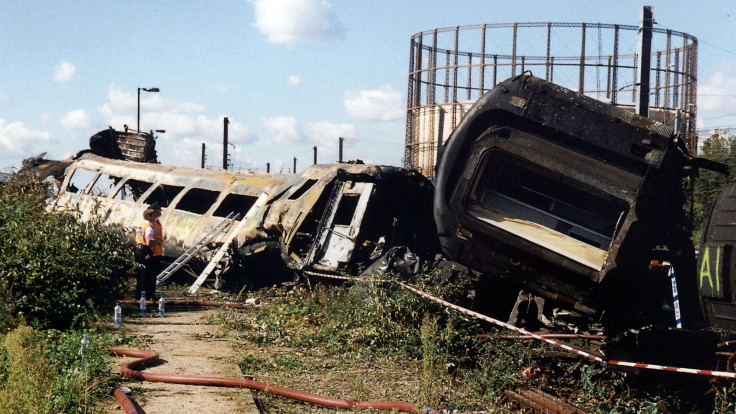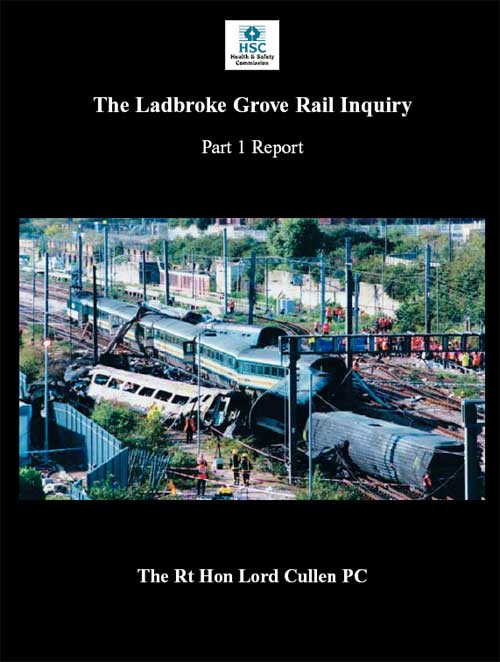Paddington Rail Disaster Marked by Survivors and Relatives 15 Years On
31 died in Paddington disaster, but most fatalities involving trains now are suicides

Flowers have been placed at a memorial site near the spot where two trains collided at Paddington, West London, 15 years ago today, with the loss of 31 lives.
Survivors, and relatives and loved ones of those who died gathered for a memorial service at the scene of the crash, caused when a Thames Trains service on its way from Paddington to Bedwyn went through a red light signal, colliding head-on with a First Great Western (FGW) high speed train on its way into Paddington from Cheltenham Spa in Gloucestershire.

The precise cause of the accident has never been determined as both drivers were killed in the collision, which caused a fireball which spread rapidly through coach H of the FGW train. As well as those killed some 220 were injured, many seriously.
Jonathan Duckworth, from Stroud, Gloucestershire, was aboard the FGW train and is now chairman of the Paddington Survivors' Group. He wrote: "Luckily, I was only in hospital for around 24 hours, but then I suffered from post-traumatic stress disorder. I had to have about 18 months of treatment and was only able after that to take on small, part-time jobs. It was six or seven years before I was able to work full-time again."
In the years following the Paddington disaster there were a number of other serious train accidents, including Hatfield (2000, four dead), Selby (2001, 10 dead) and Potters Bar (2002, seven dead). Since 2002 just one person has died in a rail accident.
Michael Roberts, director-general of the Rail Delivery Group, said: "We remember those who lost their lives and all those whose lives were changed as a result of the Paddington crash.
"After serious accidents in the early 2000s, changes such as an overhaul of employee training for those doing safety-critical jobs and a better approach to staff working hours have helped improve safety on Britain's railway."
Although the number of fatalities in accidents has gone down, every year around 200 people commit suicide by jumping under trains.
The worst train crash since 2002 was at Ufton Nervet in 2004 when chef Brian Drysdale deliberately parked his car on the line to commit suicide, killing him and six others.
Accidental deaths on unmarked level crossings also continue to be a problem.
© Copyright IBTimes 2025. All rights reserved.




















